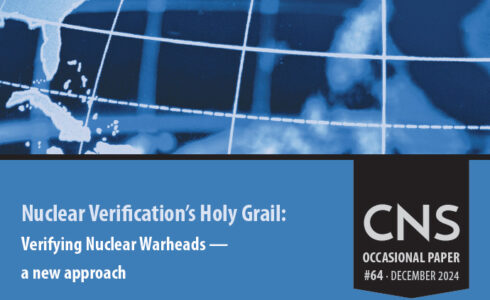
This paper presents verification methods, technologies, and measures that may be used to design a verification protocol for any type of warhead stockpile agreement.
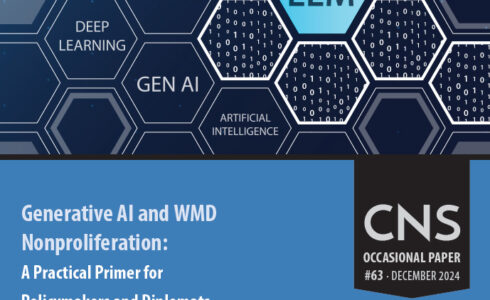
Policymakers and diplomats must urgently develop AI literacy to harness its benefits while safeguarding against potential misuse.
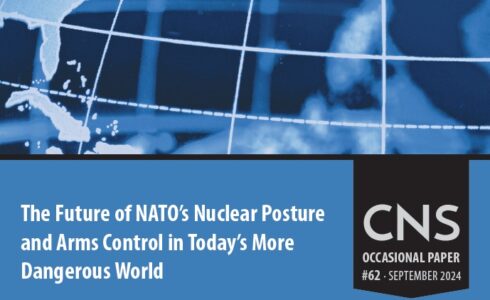
At the present moment, it is hard to see grounds for optimism when it comes to nuclear arms control or risk reduction.
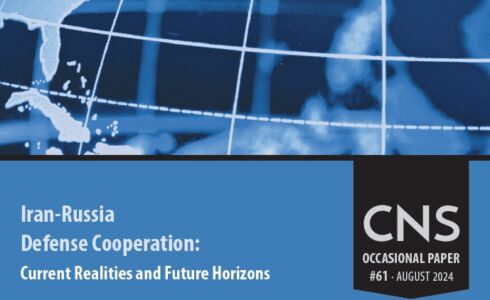
Since Russia’s full-scale invasion of Ukraine in February 2022, the country’s defense relationship with Iran has deepened and widened considerably.
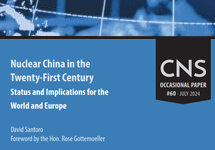
Concerns over China’s rapid nuclear arsenal expansion have prompted global efforts to assess its implications, especially for NATO’s security.
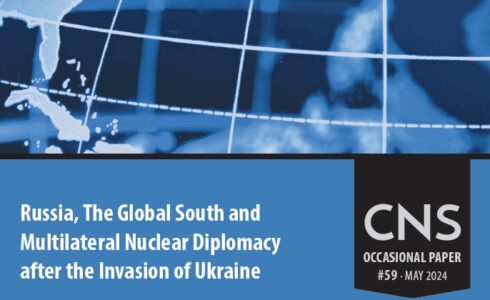
This paper assesses the impact of Russia’s war against Ukraine on multilateral nuclear diplomacy, with a particular focus on dynamics between Russia and countries of the Global South.
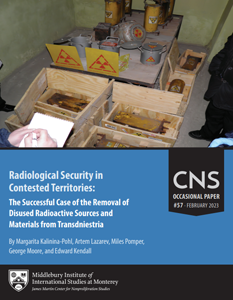
One of the few success stories in the elimination of radioactive sources from a contested territory is the Republic of Moldova’s removal of approximately 2,700 disused radioactive materials from the breakaway region of Transdniestria.
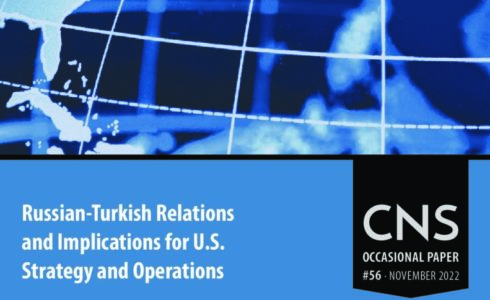
This study outlines an inventory of measures the U.S. government can take, comprising strategic and operational recommendations.
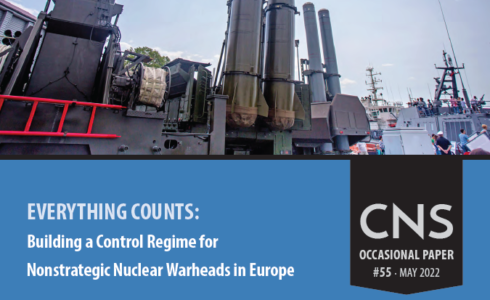
Such an agreement will face major negotiating and implementation challenges—not only between Washington and Moscow, but also between Washington and NATO European allies.